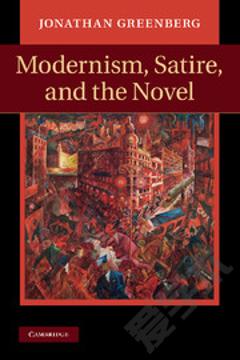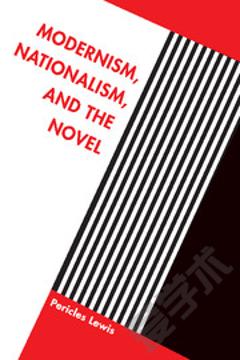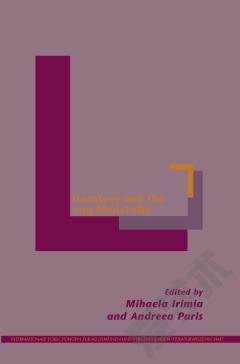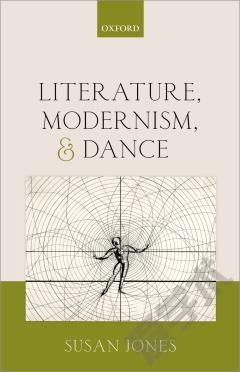Modernism, Satire and the Novel
In this groundbreaking study, Jonathan Greenberg locates a satiric sensibility at the heart of the modern. By promoting an antisentimental education, modernism denied the authority of emotion to guarantee moral and literary value. Instead, it fostered sophisticated, detached and apparently cruel attitudes toward pain and suffering. This sensibility challenged the novel's humanistic tradition, set ethics and aesthetics into conflict and fundamentally altered the ways that we know and feel. Through lively and original readings of works by Evelyn Waugh, Stella Gibbons, Nathanael West, Djuna Barnes, Samuel Beckett and others, this book analyzes a body of literature - late modernist satire - that can appear by turns aloof, sadistic, hilarious, ironic and poignant, but which continually questions inherited modes of feeling. By recognizing the centrality of satire to modernist aesthetics, Greenberg offers not only a new chapter in the history of satire but a persuasive new idea of what made modernism modern.
{{comment.content}}








 京公网安备 11010802027623号
京公网安备 11010802027623号